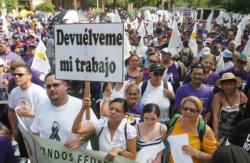
Puerto Rico is undergoing a profound fiscal crisis. Our country is besieged by the big interests of Wall Street’s credit agencies and vulture funds, which as they’ve done in other parts of the world, such as Spain, Greece and Argentina, only seek an uncontrolled increase in their profits. These profits come at the cost of great sacrifices to working people, which include drastic cuts to social services that will have a special impact on education and health care.
In order to impose their inhumane demands, they use their powerful influence within government structures, in the courts and in the mass media to guarantee payment of the immoral and odious debt, with no concern for the deterioration of our quality of life and the elimination of hard-won labor rights. They establish, de facto, a dictatorship of oligarchic and monopoly capital over the whole of society, the working class majority stripped of the financial resources needed to insure a dignified subsistence.
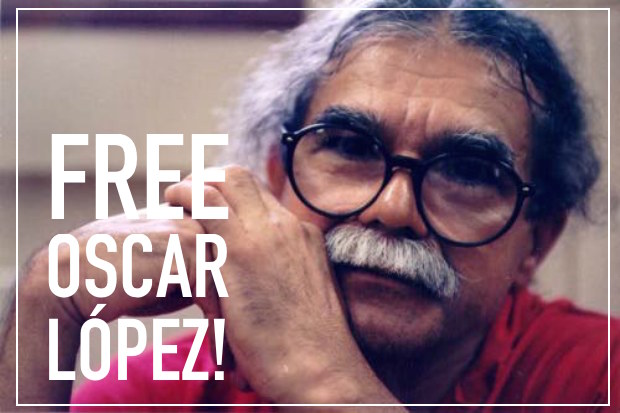
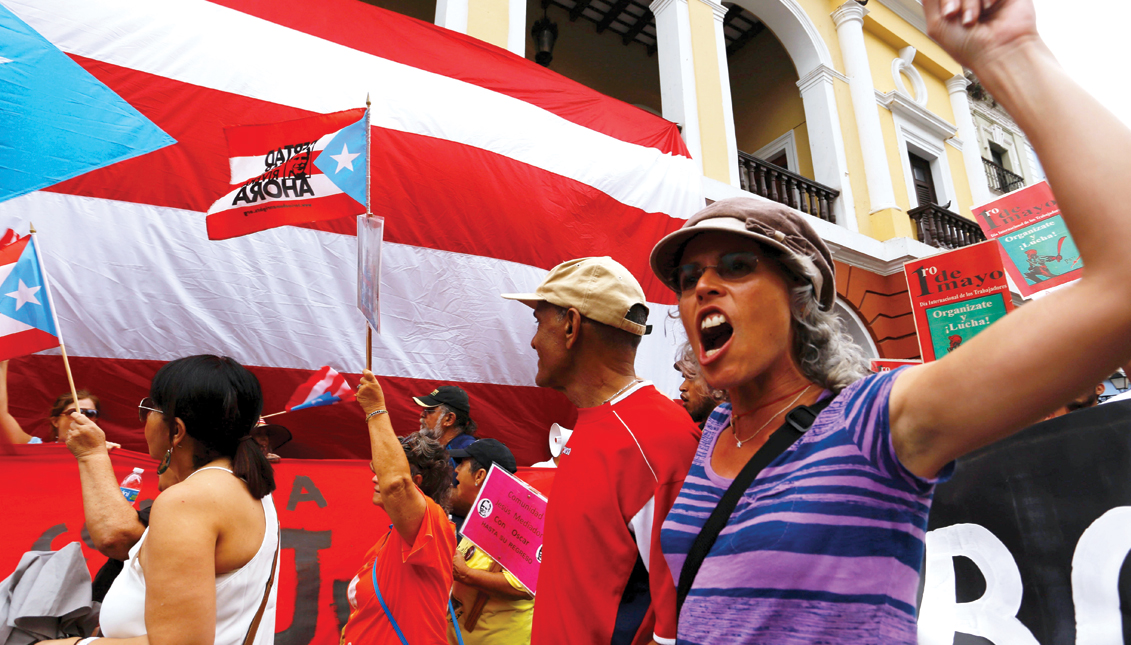
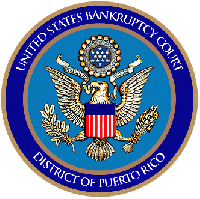 After ten years of economic contraction, many of the citizens of Puerto Rico find themselves watching the secular decomposition of a reality that in its heyday was painted by many as one of relative socio-economic welfare.
After ten years of economic contraction, many of the citizens of Puerto Rico find themselves watching the secular decomposition of a reality that in its heyday was painted by many as one of relative socio-economic welfare.
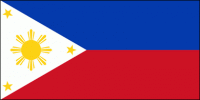 In a
In a 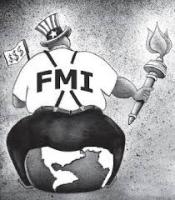
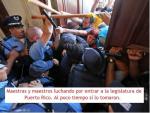 On Monday June 29, the Governor of Puerto Rico, Alejandro García Padilla, delivered a live message to the people of Puerto Rico stating that the government’s $73 billion debt is unpayable. The governor stated, “The public debt, considering the present level of economic activity, is unpayable”.
On Monday June 29, the Governor of Puerto Rico, Alejandro García Padilla, delivered a live message to the people of Puerto Rico stating that the government’s $73 billion debt is unpayable. The governor stated, “The public debt, considering the present level of economic activity, is unpayable”.